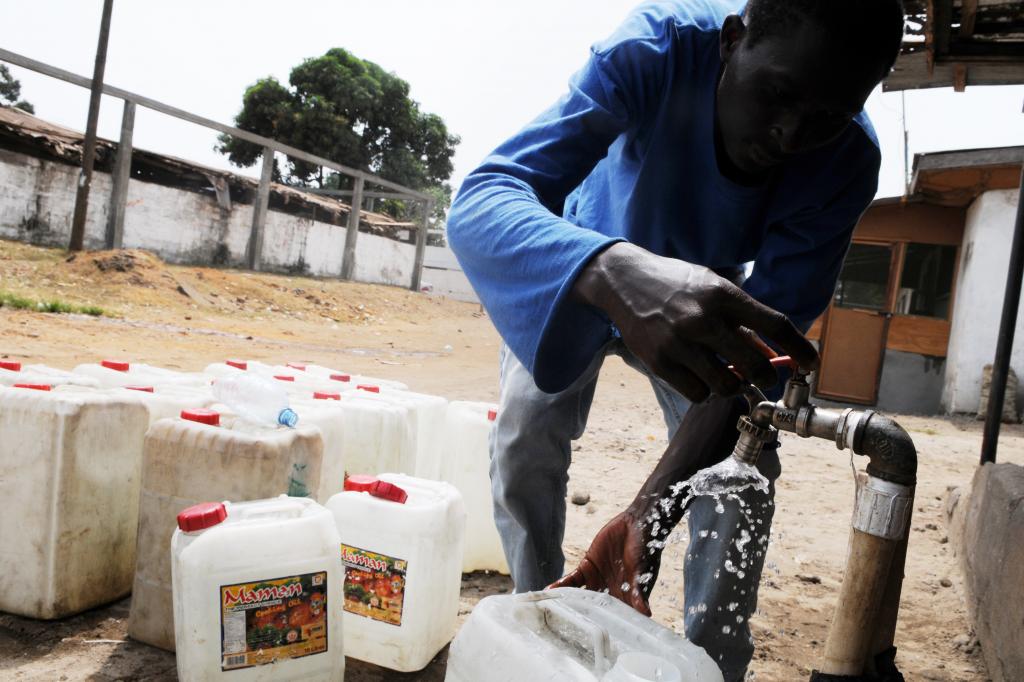

The initiative aims to accelerate funding to countries with the heaviest burden of diseases stemming from lack of sanitation services



The United Nations earlier this month launched the Sanitation and Hygiene Fund to provide accelerated funding to countries with the heaviest burden of diseases stemming from lack of sanitation services and have the least ability to respond to them.
It also aims to raise $2 billion over the next five years for these countries.
The novel coronavirus disease (COVID-19) pandemic has blown the lid off poor sanitation and hygiene practices. The key to keeping the virus at bay is hand-washing — a facility inaccessible to three billion people across the globe.
The fund is hosted by the UN Office for Project Services, which provides technical advice and project implementation to the UN and its partners.
“Safe sanitation and hygiene is primarily about human dignity. Washing your hands and having a toilet is key to enabling healthy communities in the longer term,” said UN Deputy Secretary-General Amina Mohammed.
The objectives of the Fund are:
Even though proper sanitation is one of the key features for a community to develop, over 600 million schools and countless households lack access to toilets as well as other basic sanitation services.
“Terming sanitation and hygiene as a great equaliser for children,” Henrietta Fore, executive director of the UN Children’s Fund, said.
“Good sanitation has to be a public good. Governments have to own the fact that sanitation is their problem to solve and that they have ways to solve it,” she added.
A joint monitoring programme report released by UNICEF titled Progress on drinking water, sanitation and hygiene: 2000-2017: Special focus on inequalities found that while significant progress was made toward achieving universal access to Water, Sanitation and Hygiene (WASH), there were huge gaps in the quality of services provided.
The report revealed that since the turn of the century, 1.8 billion people would have gained access to basic drinking water services, but vast inequalities in accessibility, availability and quality prevail.
An estimated four billion people worldwide do not have access to safely managed sanitation services, and until they do, the world cannot meet the goals of inclusive and sustainable development by 2030, the report said.
We are a voice to you; you have been a support to us. Together we build journalism that is independent, credible and fearless. You can further help us by making a donation. This will mean a lot for our ability to bring you news, perspectives and analysis from the ground so that we can make change together.

Comments are moderated and will be published only after the site moderator’s approval. Please use a genuine email ID and provide your name. Selected comments may also be used in the ‘Letters’ section of the Down To Earth print edition.